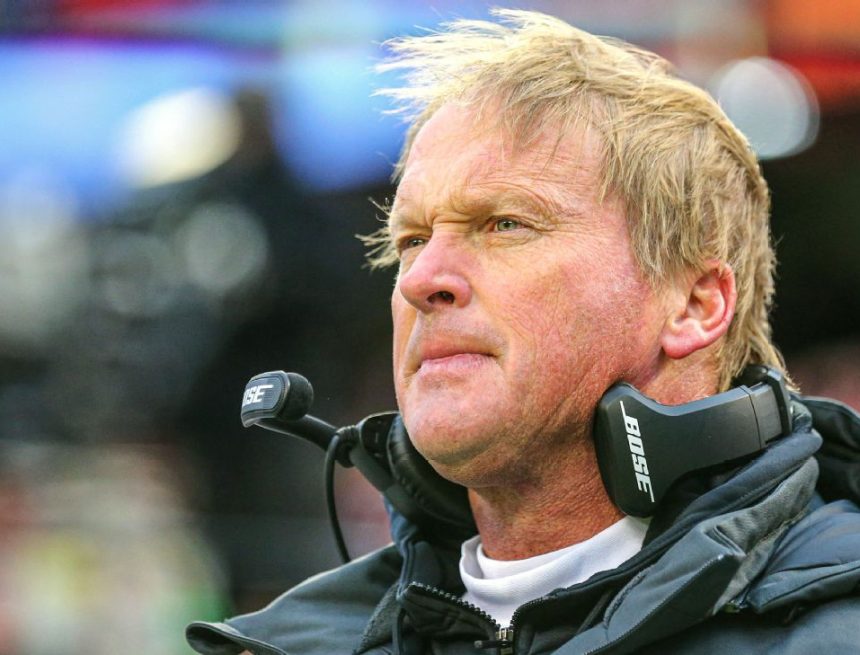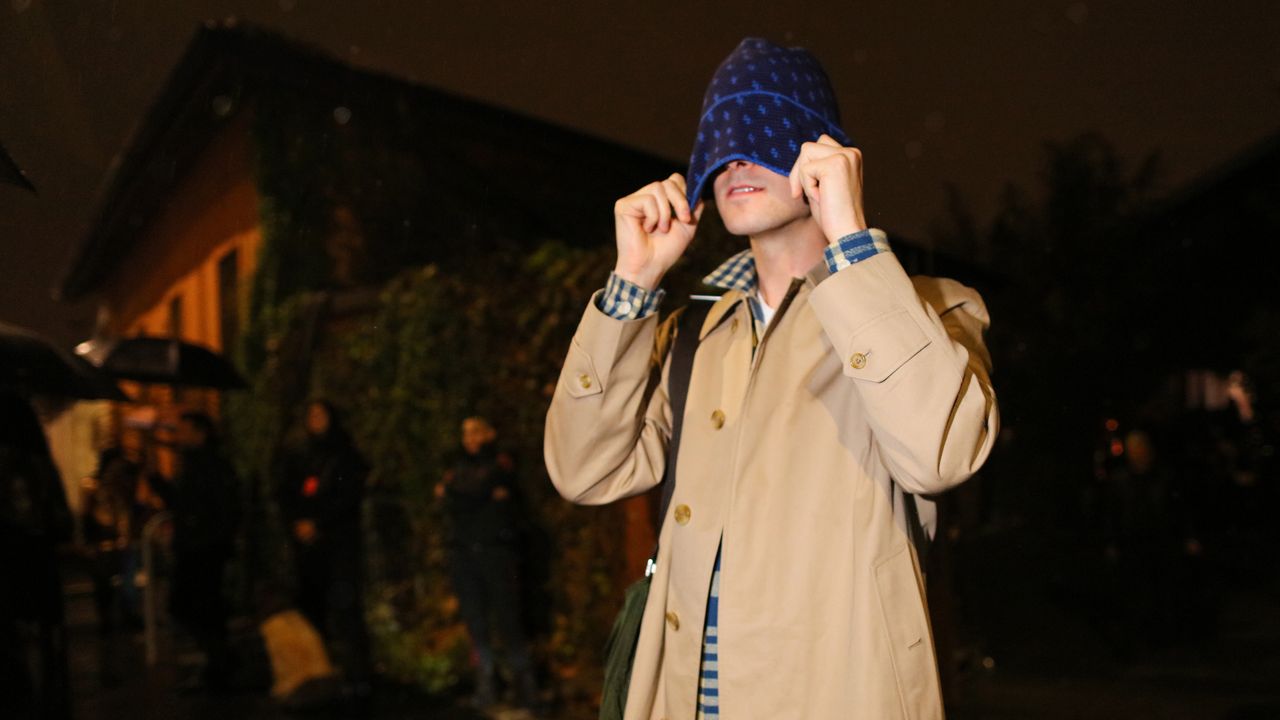Lucian Leape, a pioneer in patient safety, once said the single greatest impediment to error prevention in the medical industry is that “we punish people for making mistakes.” He was right. In my experience as health secretary, the biggest barrier to safer care in the NHS wasn’t a lack of expertise or dedication. It wasn’t – by the end – a lack of money or even clinicians. It was a blame culture that stopped people being open about mistakes. That prevents professionals from learning from tragedies and condemns the system to repeating them.
At the start of Baby Loss Awareness Week, we should remember that the number of tragedies remains heartbreaking. Including stillbirths, there are 4870 baby deaths every year in the UK – around 13 every day. Some of these would have happened with the best of care, but many more could have been avoided. And every single one leaves behind devastated parents who must do what no human being should ever have to do – bury their own child.
Eleven babies died needlessly in the Morecambe Bay scandal. Since I stood up in parliament to respond to the Kirkup investigation in 2015, the NHS has worked hard to learn the hard lessons involved – and progress has been made. Between 2013 and 2023, perinatal mortality in England and Wales fell by around 20% – the equivalent of more than two fewer a day.
But since the pandemic, the picture is more mixed. Maternal deaths, although thankfully still rare, have risen and remain much more likely for Black and Asian mothers. Having completed her inquiry into Shrewsbury and Telford, Donna Ockenden is now looking into deaths at the Nottingham university hospitals NHS trust. Across England, two-thirds of maternity units are still rated by the CQC as “requires improvement” or “inadequate”. Many families are particularly worried about possible poor care in Leeds, so a new rapid national investigation, under the leadership of Valerie Amos, is looking into maternity safety across the NHS, including a deep dive into services at 10 trusts.
If England and Wales matched the baby death rate in Japan, almost two fewer babies would die every day. Closer to home, if we matched Sweden, one fewer would die every day.
Both have made great progress in tackling a blame culture that stops vital learning from happening. In Sweden there is no-fault compensation following medical error. Clinicians are wholly accountable, but because the system is not looking for a perpetrator, space is created for honest learning. It is not perfect, but it does avoid adversarial confrontation. Court cases that drag on for five years or more are almost unheard of.
The UK is rather different. According to the 2024 NHS staff survey, more than a third of staff don’t feel comfortable speaking up about safety concerns. Even if they want to be open and transparent, the system makes it difficult. Many worry they will be scapegoated by their organisation. Lawyers get involved. Families feel shut out. And the result is that the most important thing of all does not happen: understanding any failures so that system-wide improvements can be put in place to stop the same thing happening again.
It doesn’t have to be this way. One of the babies who died at Morecambe Bay was Joshua Titcombe. Years later, his father, James, met one of the midwives involved. She had missed crucial opportunities to escalate concerns and had been suspended from practice. James knew there was no malice – she had been doing what seemed right to her at the time. But he still felt angry: her later statements conflicted with his family’s experience.
But in that meeting, something extraordinary happened. The midwife spoke of how she still thought about Joshua, that she wished she had acted differently, and that she was deeply sorry. They ended up crying together. Supported afterwards, she returned to practice. James is certain she will not make the same mistakes again. Honesty and forgiveness don’t just heal – they lead to safer care.
If we want to break the cycles of fear and blame that are so common at the moment, we need to reform a system that often means a bereaved family’s only friend is their lawyer. The primary focus of the law is – rightly – justice, but we should not rely on it to improve patient safety. We now spend much more settling litigation claims for baby harm and death every year than the entire cost of NHS maternity services.
after newsletter promotion
If we followed the Swedish system of automatic compensation, we would restore honesty and humanity to the relationship between clinicians and families. That would be far more consistent with NHS values – and by allowing learning to happen, save countless lives in the process. When Japan did something similar to Sweden for children born with severe cerebral palsy, the number of cases dropped by a quarter in just four years.
This is not an argument to exonerate clinicians who deliberately harm patients or fail to learn from mistakes they make. Healthcare professionals don’t go to work to cause harm, but good intentions alone are not enough: competence, behaviour and integrity matter as they do in all professions. But a constructive, just culture should distinguish between professional negligence and the ordinary human mistakes any of us can make. Accountability is not the same as blame. Until we distinguish between the two, tragedies will carry on being repeated.
-
Jeremy Hunt served as secretary of state for health, later secretary of state for health and social care, from 2012 to 2018


